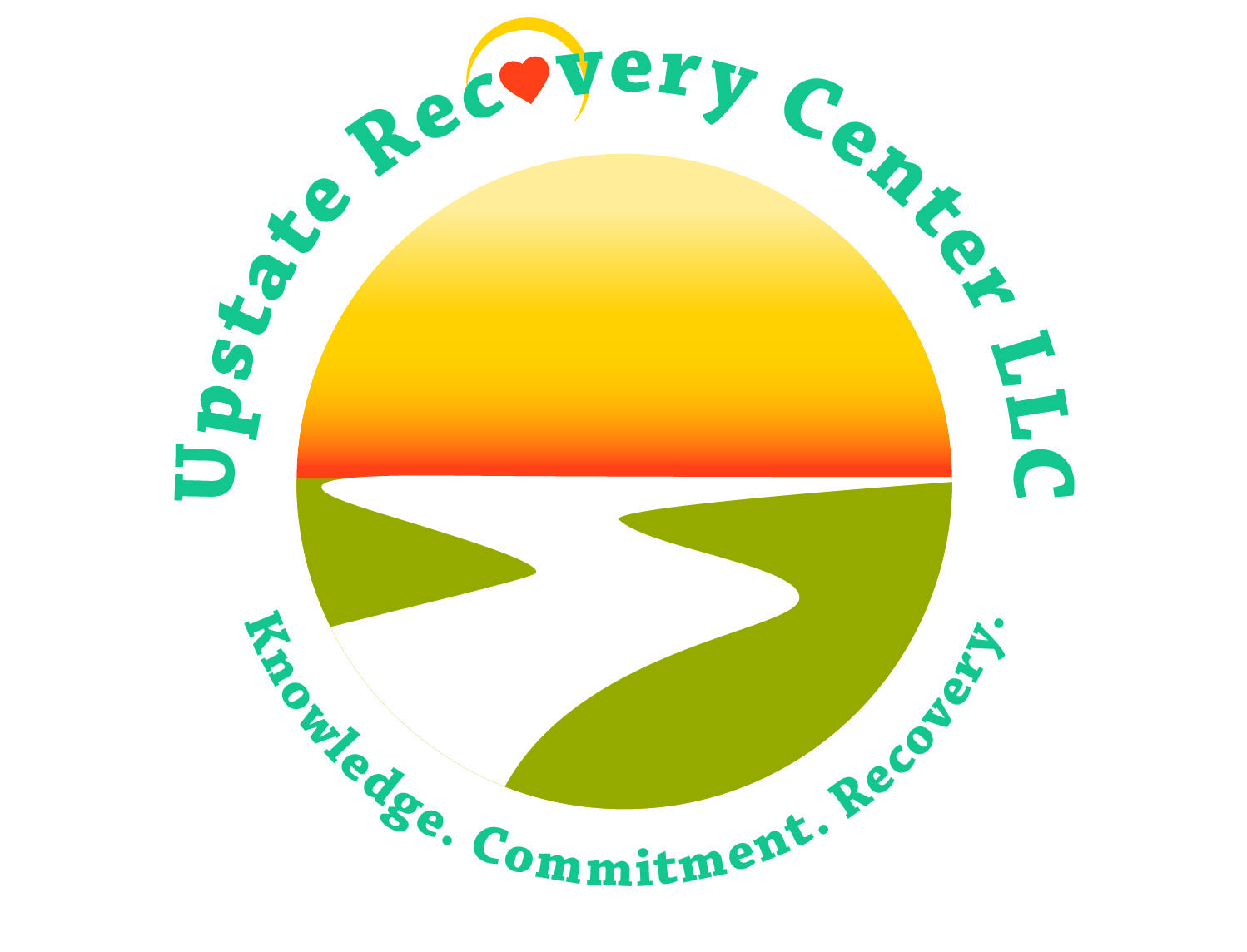
FACE THE STORM™
To “Face the Storm” is to face life’s challenges head-on and confront difficulties directly, resiliently, and confidently. Buffaloes don’t run from an approaching storm; they instinctively run towards it. They are proactive, determined, and learn how to navigate storms efficiently. By facing the storm directly, they move through it faster, minimize exposure to harsh elements, and maintain control over their paths.
In contrast, cattle tend to run away and seek shelter from a storm to escape its impacts. They inadvertently prolong their exposure to the storm causing extended discomfort and suffering. They are passive, delayed in action, and wait for the storm to pass in the hope they will survive.
We all face challenges and stand in the face of storms. Are you facing your challenges head-on like the buffalo do, or avoiding them like the cattle do? It is essential to consider the approach you wish to take when facing your own personal and/or professional challenges.
At Upstate Recovery Center, we want to help you navigate your challenges by embracing the buffalos’ approach, developing a collaborative plan, creating a “herd” of support, and working with you to take control of your responses to life’s challenges.
